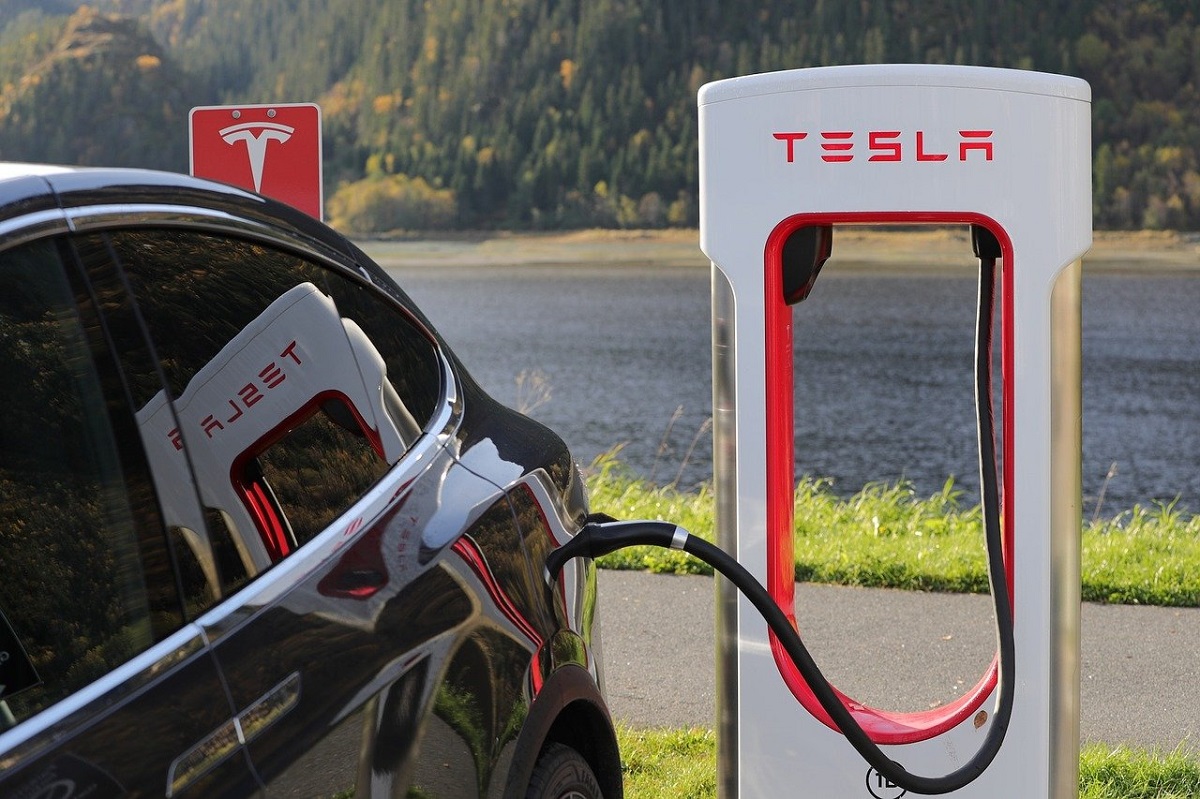Elon Musk has urged the globe to dig for more oil as prices rise owing to predicted shortages caused by the conflict between Russia and Ukraine.
It’s shocking coming from someone attempting to wean the globe off of oil. On top of that, Musk and Tesla should be concerned about nickel costs, which are now soaring, Electrec comments.
When it comes to moving the globe to electric transportation and sustainable energy, nickel is a vital resource.
High energy density batteries, which are essential for long-distance electric cars, all employ a large quantity of nickel in the battery cell’s cathode.
It accounts for a considerable portion of an electric vehicle’s battery pack, which is the most expensive component of an EV in terms of both bulk and cost.
Of course, nickel is utilized for a variety of purposes other than batteries for electric vehicles.
Actually, only around 5% of the world’s nickel supply is now utilized for batteries in electric cars, but that figure is rapidly increasing.
Even with modest forecasts of electric vehicle adoption, EV nickel consumption is predicted to rise from 5% to 59.5% of total nickel supply during the next decade.
That implies if there isn’t a significant increase in output shortly, nickel supplies will be severely constrained.
Tesla CEO Elon Musk pushed nickel miners to raise output in 2020 because he foresaw a problem, but neither he nor most people foresaw the situation in Ukraine, which is driving up the price of key commodities.
The price of nickel per ton had already more than quadrupled in the previous year, before to Russia’s invasion of Ukraine, but it has risen by more than 80% in the last month, with a major increase yesterday.
The enormous rise is thought to have been prompted by short-sellers attempting to cover their short nickel bets as a result of concerns that Russia’s supply would be shut off from the rest of the globe.
Morgan Stanley predicts that the additional fee alone might add $1,000 to the cost of electric vehicles such as Tesla’s.
Tesla has made initiatives to stimulate additional nickel production, such as signing an off-take arrangement with Talon Metal for a new nickel mine in the United States.
These off-take agreements assist junior mining businesses in raising funds to bring new mines into production, which is a costly operation.
Regardless of the situation with Russian nickel, many more of these transactions and new mines will be required to satisfy demand from the electric transition.

